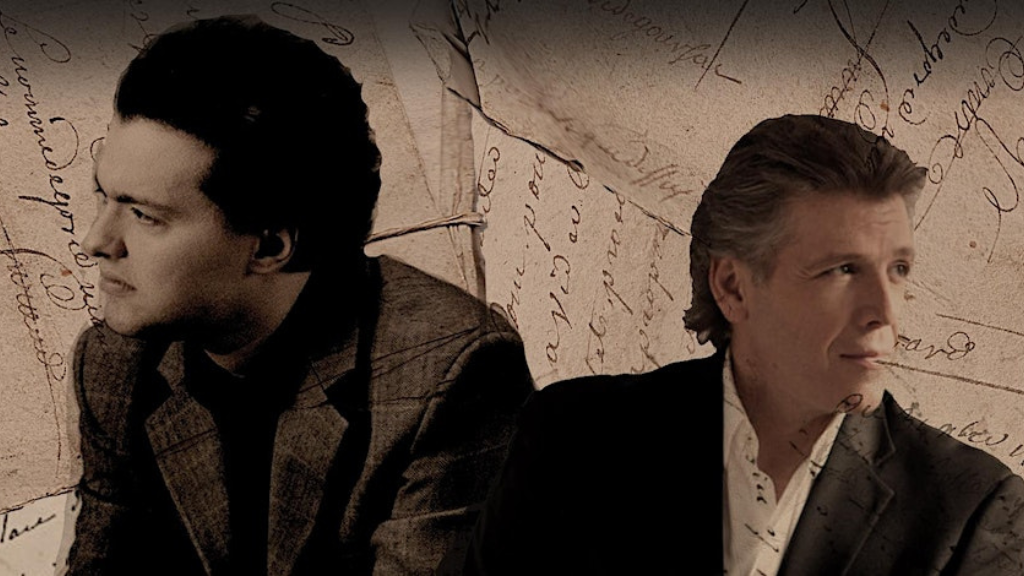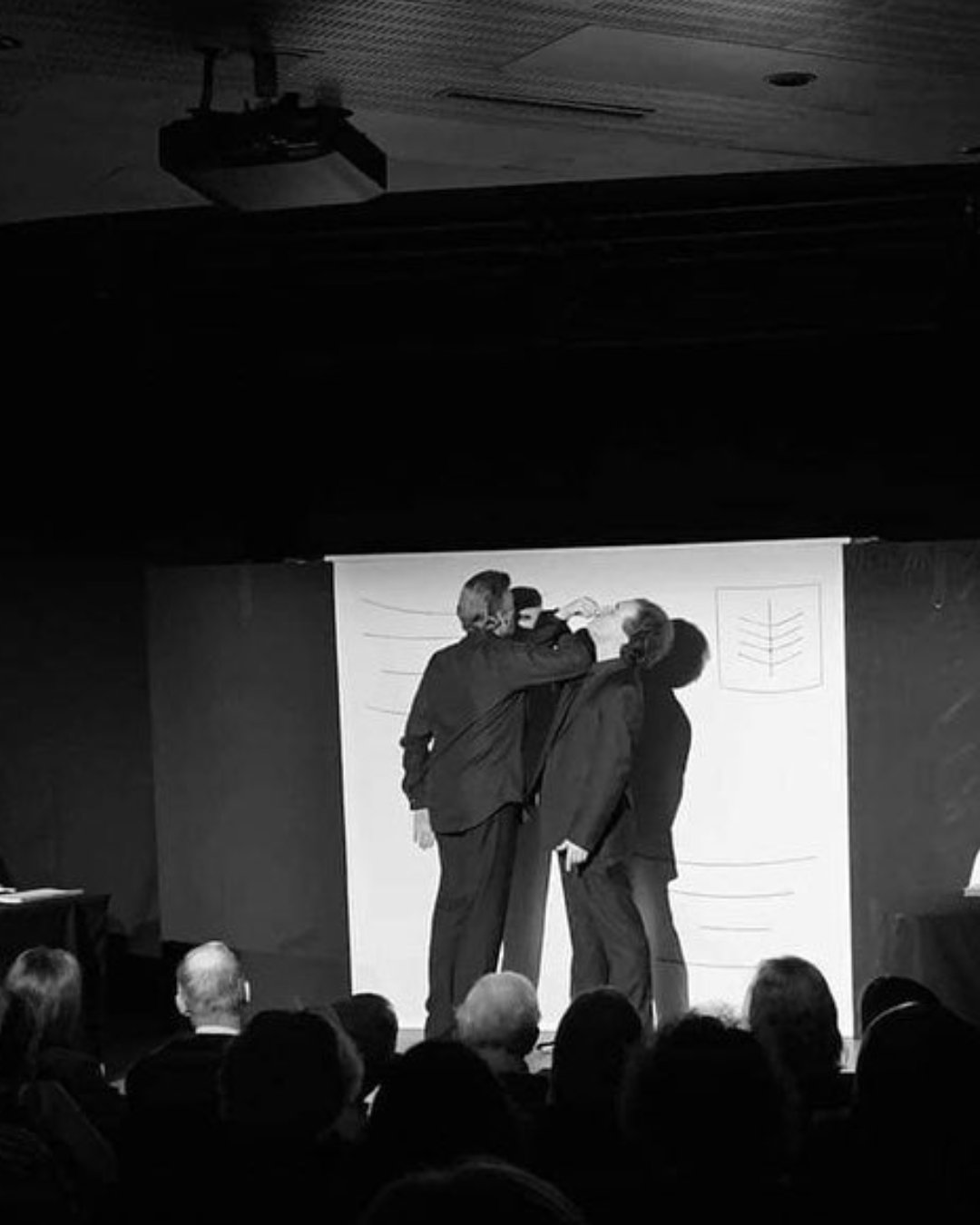
“Address Unknown”: the story of two lives destroyed by Nazism
“Address Unknown” is a compelling short story by Kathrine Kressmann Taylor, rendered in the epistolary genre. It vividly captures the shift in perspectives of two close individuals grappling with the rise of the Third Reich in 1930s Germany. Initially facing censorship, this narrative has since been recognized as an international bestseller, adapted for cinema, and reimagined for the theatre stage. Afisha.London magazine offers an insightful exploration into this timeless story, highlighting a forthcoming theatre adaptation slated for its premiere in London in early December.
First published in 1938 under the pseudonym “Kressmann Taylor,” the story’s publication was a decision influenced by editor Whit Burnett and Taylor’s husband, Elliott, who believed the work’s intensity was too great to be associated with a female author. Garnering immediate acclaim and controversy, it was proscribed in Germany and only saw publication there in 2001.
The narrative’s genesis lies in the author’s personal encounters with acquaintances returning from Germany, their altered interactions with Jewish friends notable. She observed that even upon returning to California, there was a hesitancy to reconnect physically, such as avoiding handshakes, with their former Jewish friends.
- Book cover
- “Address Unknown” on stage. Photo: @evgenykissinofficial
At its core, the story unfolds through the exchange of letters between two friends and art gallery co-owners, Martin Schulze and Max Eisenstein. Their deep-rooted friendship, business partnership, and familiarity with each other’s families – Martin harbored feelings for Max’s sister, Griselle – form the backdrop of their correspondence. It commences in 1932 with warmth and camaraderie, as they share news, affirm their friendship, and convey familial regards. Yet, as Max expresses concern over the developments in Germany and seeks more information on Adolf Hitler, a noticeable shift occurs in Martin’s tone. Initially subtle, Martin acknowledges his government role and the need to endorse the new regime, but his communications gradually reveal a more profound transformation.
“We rise in our might and hold our heads up before the nations. We purge our bloodstream of its baser elements. We go singing through our valleys with strong muscles tingling for a new work – and from the mountains ring the voices of Wodan and Thor, the old, strong gods of the German race”.
Martin decides to cease correspondence – he no longer wishes to have anything to do with his Jewish friend and mentions that the mere fact of such communication is now dangerous for him. The situation escalates when Max’s sister, Griselle, an actress, decides to tour Germany. Worried, Max asks Martin to look out for her and ensure her safety, but Martin refuses, citing that any consequences are her own fault and that her actions could jeopardize him as well. This leads to a tragic climax, and the correspondence ends abruptly in 1934.
The new stage adaptation of this story will be presented in London on December 11th. The leading roles will be performed by Evgeny Kissin, a renowned virtuoso pianist, and Thomas Hampson, an opera singer. In this minimalist production, you will witness not just the drama of two individuals but the drama of two nations, whose fates were controlled for years by the cruel ideology of Nazism. It is a story of choices made by individuals and the ‘banality of evil’, where ordinary people become lethal weapons in the hands of a dictatorship.
The play “Address Unknown” will be staged on December 11th at the Marylebone Theatre in London.
Tickets can be purchased through the link.
Cover photo: “Address Unknown” poster
Read also:
Ivan Turgenev’s Sojourn in London: a literary ambassador between the Russian Empire and the West
Composer Alexander Scriabin: a journey from earthly melodies to celestial aspirations
SUBSCRIBE
Receive our digest once a week with quality Russian events and articles










